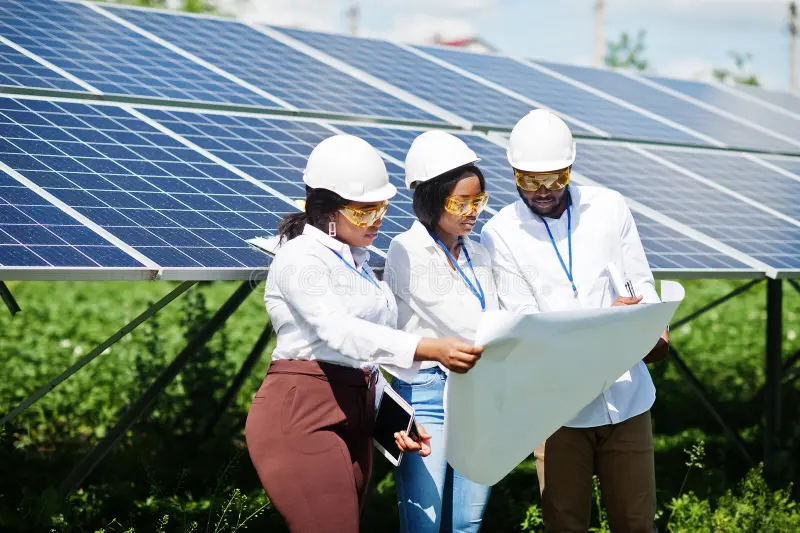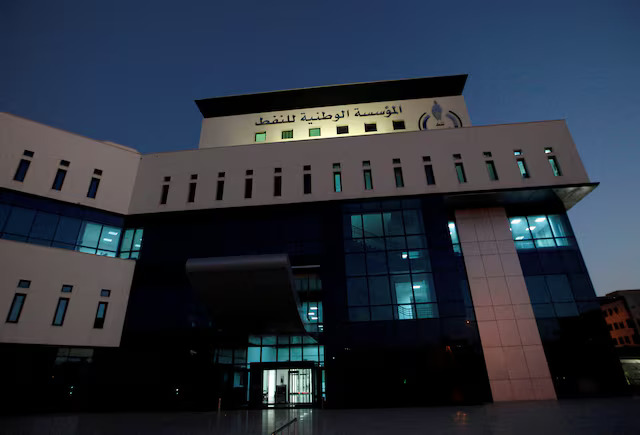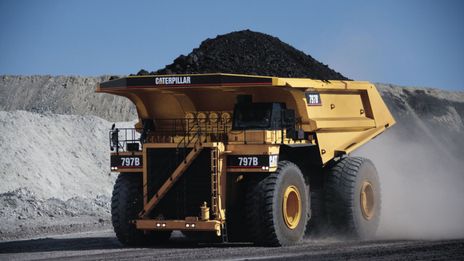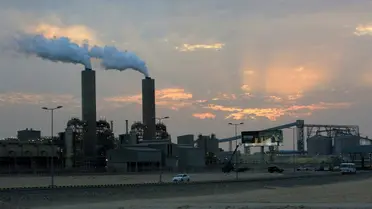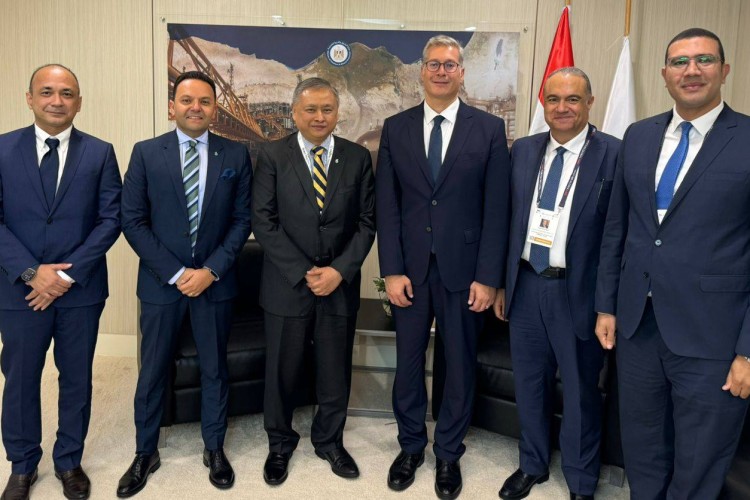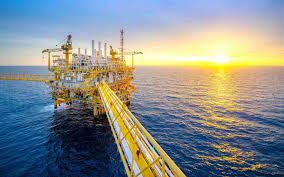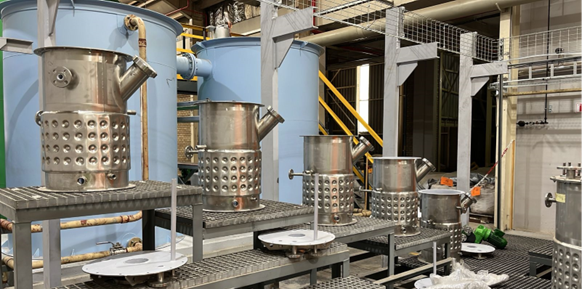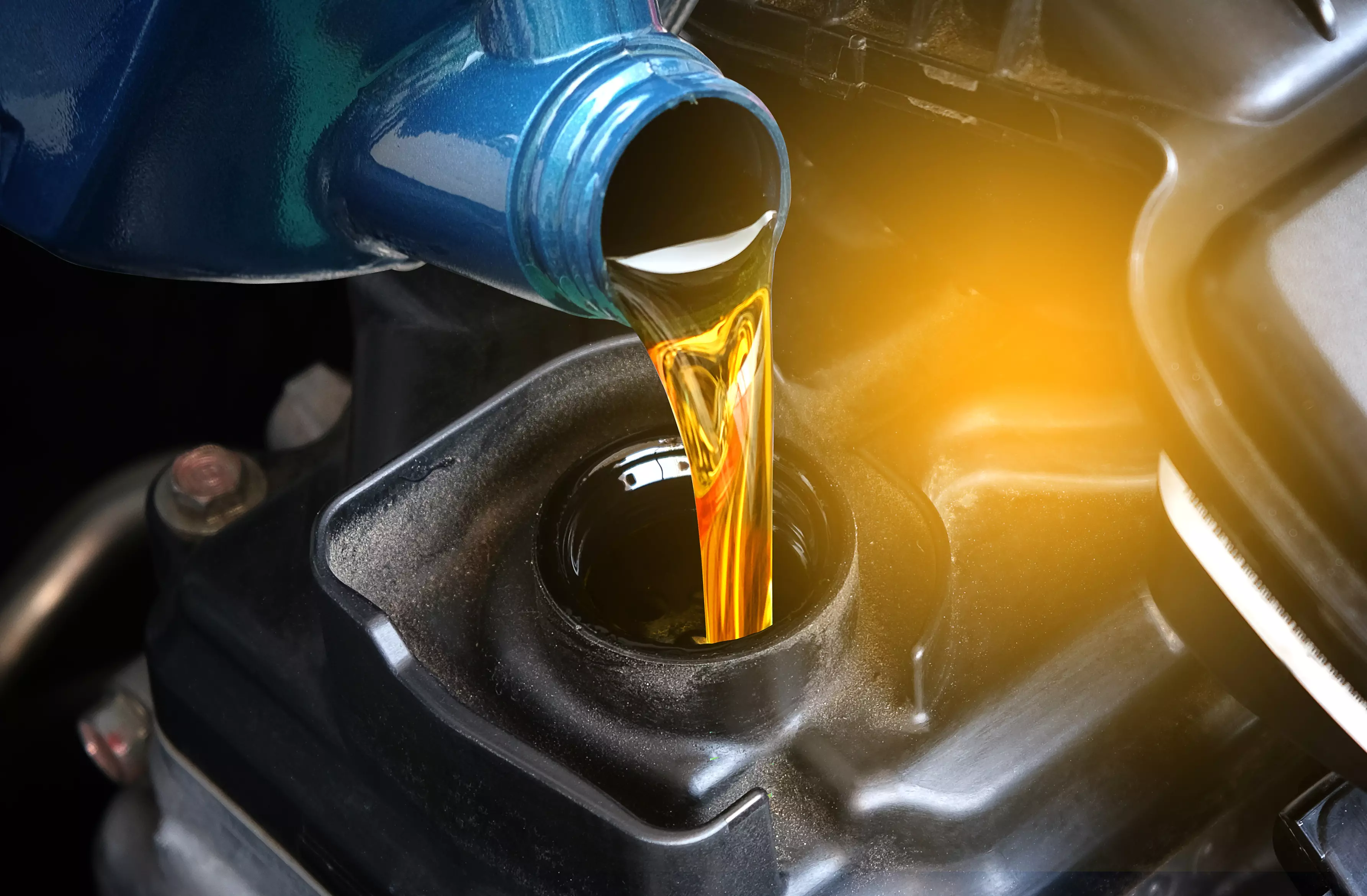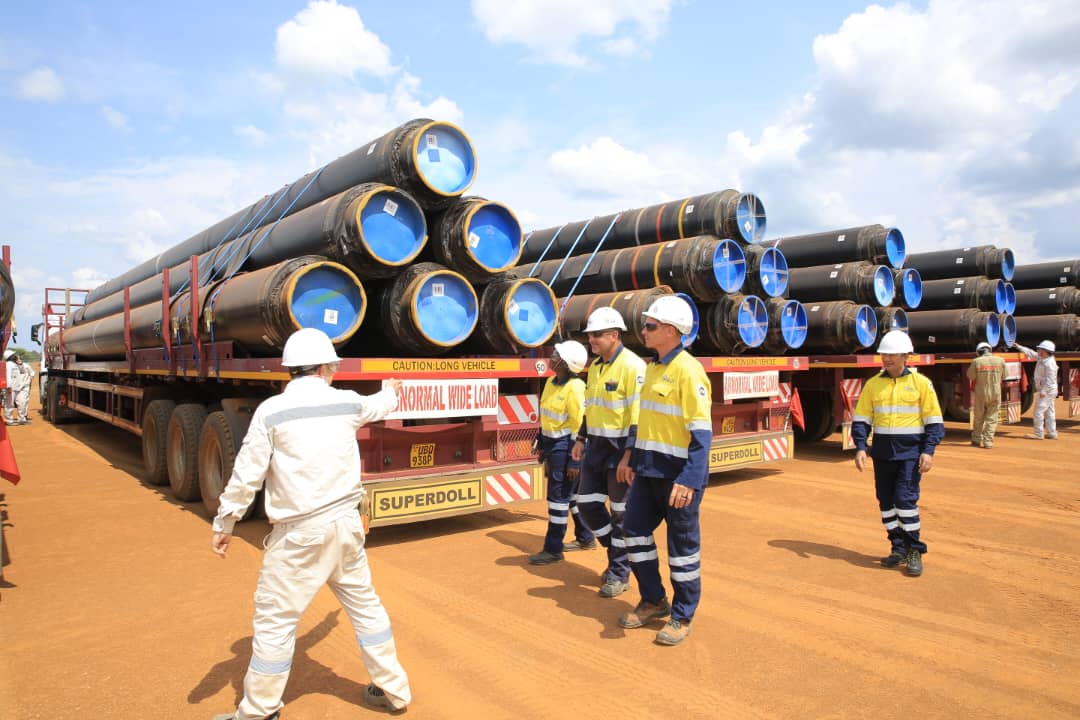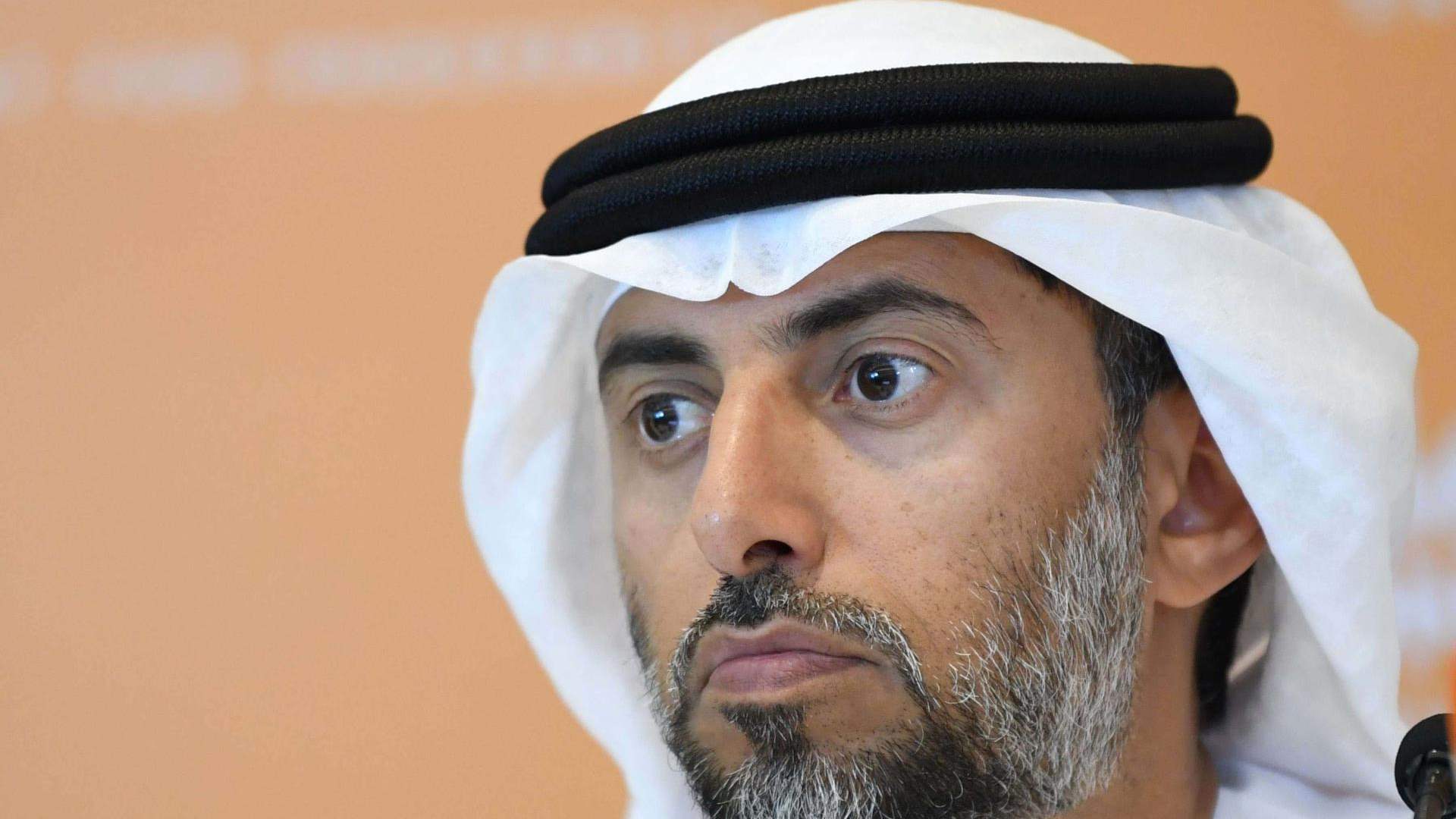Distribution

Eastern Refinery now to refine crude oil from Europe and Africa too
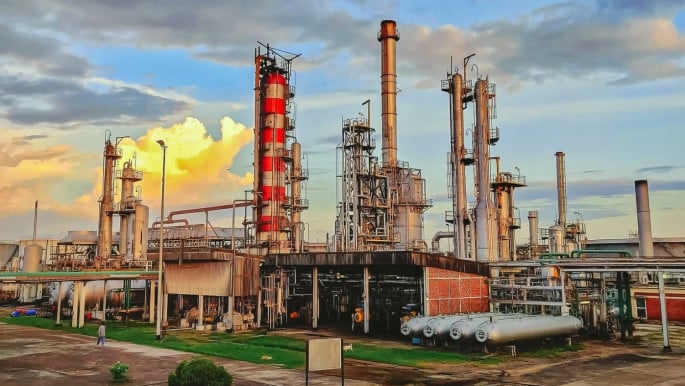
Bangladesh is moving forward with the long-delayed second unit of its Eastern Refinery (ERL-2), a project that will significantly expand and modernize the nation's oil refining capabilities. In a key development, the Planning Commission has given its preliminary consent, slashing the project's cost by Tk 7,500 crore from the initial estimate and setting a revised budget of Tk 35,465.15 crore. This cost reduction was achieved by eliminating non-essential expenditures on items like vehicles and hospitality, focusing spending strictly on necessary components.
A major strategic feature of the new refinery is its flexibility in processing crude oil. While initially designed for Middle Eastern crudes like Arabian Light and Murban, ERL-2 will be equipped to handle supplies from diverse global sources, including Europe and Africa. The facility will incorporate specialized systems capable of processing heavier crude grades, such as Russia's Urals or Nigeria's Brass River, by pre-boiling the fuels and using crude-blending techniques.
The project's journey to this point has been protracted and complex. Initially conceived in 2010, it faced over a decade of bureaucratic delays and financial complications. Efforts to secure foreign loans were unsuccessful, and a recent proposal from a private conglomerate was halted. Consequently, the government has decided to fully finance the project, with Tk 21,277.59 crore coming from state funds and the remaining Tk 14,187.56 crore from Eastern Refinery's own financing.
Upon completion, ERL-2 will have a profound impact on Bangladesh's energy security. It will increase the country's total domestic refining capacity to 4.5 million tonnes per year. This expansion will substantially reduce the nation's reliance on expensive imported petroleum products, insulating the economy from volatile global market prices and strengthening its balance of payments.
Consumer advocacy groups have welcomed the decision to implement the project under government ownership. They had long argued that private or foreign financing would inflate costs and lead to higher fuel prices for consumers. These groups are now emphasizing the critical need for transparency in the upcoming tendering and procurement processes to ensure the project's success and value.
With preliminary approval secured, the project proposal will now be presented to the Executive Committee of the National Economic Council (Ecnec) for final approval. This marks a critical step toward finally commencing construction on a project deemed vital for the country's energy independence and economic stability.



